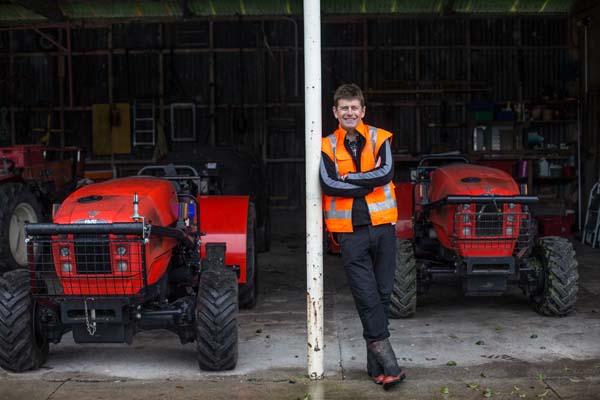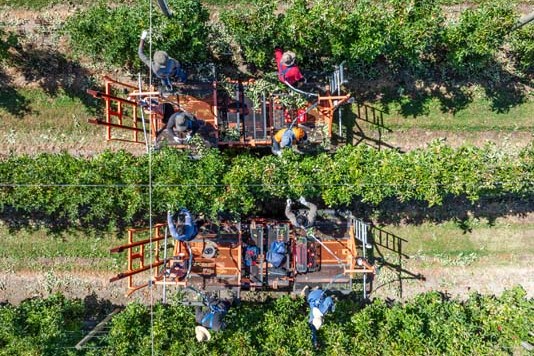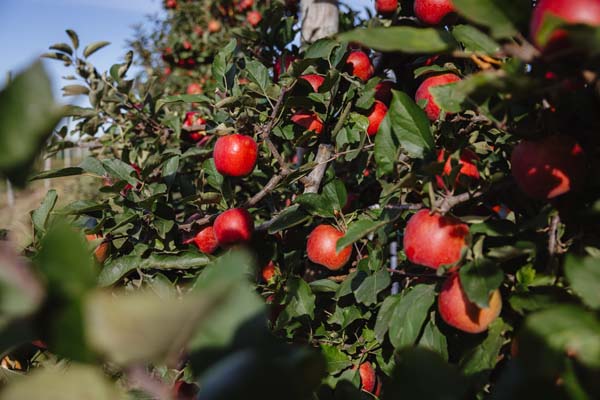By Anne Lee
If washing your hands of staffing issues is your key motivation for taking on a contract milker then you probably shouldn’t do it, FARMit Accountants director Brett Bennett warns.
Employing a contract milker requires effort and care in setting up the system so it works for both parties.
It’s not simply a farm manager minus the staff employment, Brett says.
“It will cost you more to run your farm business because the contract milker is taking on a level of risk and additional responsibilities and they need to be rewarded for that.
“So, it can be financially more expensive but it comes down to how you value your own time – the time you get back as a result, what does it allow you to do?
“A good contract milker may also add more value so shouldn’t always be looked at as being more expensive.”
While it may mean many of the responsibilities of employing staff are handed over, there are some responsibilities you can’t contract out of.
“Health and safety for one – as the farm owner there’s still a legal responsibility to ensure the farm is safe for people to work on, that any hazards are identified and any infrastructure issues are dealt with.”
Minimum staff numbers should be stipulated in the contract – not only to ensure the farm is run well but to ensure hours worked or burnout don’t become a health and safety issue in themselves.
“That’s a minimum requirement and really you have to remember that even though the staff are being employed by someone else they’re still there working on your farm, milking your cows.
“You want to be supporting your contract milker, especially if they’re in their first season and being an employer is new to them.”
Wages and fuel have had the biggest cost increases over the last year and are both costs born by contract milkers so it’s important the budgets drawn up to calculate contract rates are adjusted accordingly.
Brett says when working with potential contract milkers it’s important to give them accurate and up-to-date budgets.
“You want to give them evidence of real costs – we’ve had to go back to a couple of farmers and say actually we need to review the contract rate because specific costs have gone up over time and the farm owner hasn’t looked at that detail for a while.
“I think farm owners understand there has to be something in it for the contract milker, in terms of margin over costs and what they could earn as a farm manager – to reward them for the additional risk they’re taking.
“I have seen contract milkers with contract rates that mean it’s just a wasted season – they’ve pretty much made nothing.”
“So, you need to give them evidence of those real costs and evidence of production and a realistic expectation of budgeted production.”
Work through the what if scenarios when discussing the contract so everyone’s clear on what will happen given different situations such as drought.
A well-documented, formal farm plan is a must so the contract milker is clear on the owner’s expectations on how the farm should be run and what the targets are for the season.
They need to understand your health and safety plan and how their plan dovetails into yours and they need to understand their responsibilities within your farm environment plan.
Brett says contract milkers should never sign the contract until it’s been reviewed – preferably by a rural professional who has a good understanding of farm budgets and contracts.
“There have been a lot of changes to legislation and compliance and that has to be factored into the contract.
“We’d want to see the costs are realistic and go through the detail to make sure there’s enough money dropping out of it to be worth it.”
Brett says his company has put together a booklet for farm managers who are looking at moving to contract milking.
“There are plenty of managers out there breaking their necks to become contract milkers but they’re not fully aware of all that entails and what they need to know.
“One of the biggest things is improving their financial literacy and ensuring they have financial acumen.
“They’ve got to understand PAYE, GST and ACC for instance.”
He uses a three-stage process to bring people up to speed so they aren’t overwhelmed at the outset.
Having good online systems for accounting and paying staff that their rural professionals can have visibility into means they can get help quickly.
“The aim is to help them grow their own financial acumen and build those skills quickly because that enables a better understanding of their business, helps cost control and empowers them,” he says.
“We help them get their heads around using a cashflow planning tool so they can see where costs come in and how to manage that with their income flow.
“We also want them to have a personal spending budget and a cashflow for that too.”
It’s important at the outset to ensure expectations are understood between contract milker and farm owner, he says.
- “Be clear about the farm plan.
- “Be clear about the contract.
- “Be clear about what’s on offer.
- “Be clear about your vision.”
Communicate well throughout the season both with the farm owner and with rural professionals – make them part of your team, he says.





